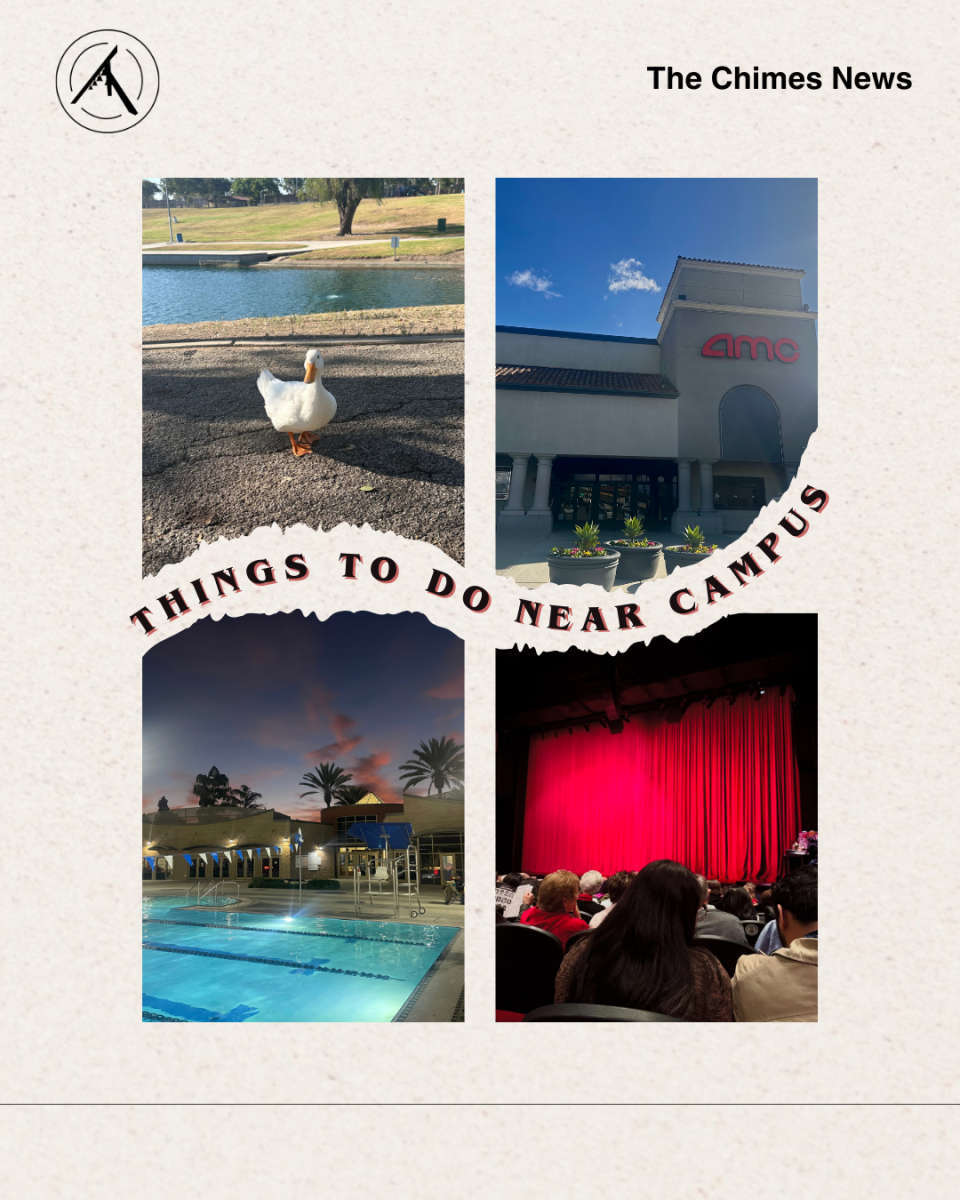The United States rings with freedom—there is no doubt about it. But, within our nationalistic society there is always room for corruption to breed. It is vital that, as Americans, we don’t let our patriotism blind us from even the slightest acts of government abuse. Alexei Navalny, a politician and critic of the Kremlin, should remind us that freedom can be so easily manipulated.
A thorn in Putin’s side for years, Navalny is a political opposition leader in Russia who recently fell ill after being allegedly poisoned by Russian intelligence. Objectively, Navalny’s recent poisoning should remind us that those in power, whether they are longstanding government officials or progressive opposition leaders, cannot always be trusted. It is imperative we remember who runs our countries—sinful humans who are not any different than us.
WHY NAVALNY’S CASE MATTERS
Anna Politkovskaya, a journalist known for exposé pieces, was poisoned on a plane while on her way to cover the Beslan crisis in 2004. Alexander Litvinenko, once a Russian spy, was poisoned by Russian agents in 2006. Over a decade later, we see this trend once again after Navalny was poisoned and claimed Russian officials were to blame.
Though Putin’s past enemies have been known to drink a piping hot cup of laced tea, Navalny’s case is more complex and requires closer examination, not speculation on how he died that’s fueled by nationalism.
In Russia, journalists and political opposition leaders do not get killed or thrown in jail because they lack freedom of speech, per se, but because they start exposing information that could affect the wallets of people in power, according to assistant professor Alina Beary of Torrey Honors College, who grew up in Ufa, Russia. She said that in Politkovskaya’s case it was clear that her investigations financially affected leaders, but with Navalny, his attack remains unclear.
“That’s what makes his poisoning so puzzling,” Beary said. “He’s been [exposing the government] for years and years and years. The people that he has investigated and uncovered are super powerful people, so why now? That’s the question.”
Anastasia Grechenova, a resident of Moscow, Russia, reminds us that Navalny too is a political leader that cannot be trusted too quickly.
“I have no respect for Navalny because he pretty much poisons the minds of teenagers, and you know, when you are a teenager you don’t have much life experience,” Grechenova said. “So you can’t really critically think about what people tell you. And Navalny uses that to form the opinions of the younger generations.”
COMPARING THE U.S. AND RUSSIA
Though opposition in politics is good and needed, there are times when both sides fail to represent the people.
“I don’t think our government is perfect but choosing between our government and the opposition is like choosing between two evils, because our opposition is not better than the government,” Grechenova said.
Sound familiar? Those words echo in American media headlines too: 2020 could be another ‘lesser of two evils’ election, The 2020 election and voting for the lesser of two evils, Don’t waste your vote! Pick the lesser of two evils.
As Americans, we see Navlny’s case and our chests puff up with pride. We assume our country is above such corruption, but we fail to recognize the red flags presented by our own politicians and elites—Republicans and Democrats alike.
Flashback to 2013 when Edward Snowden, a whistleblower and ex-Intelligence Community officer, exposed U.S. programs that monitor the communication of American citizens.
Not only that, but our president, Donald Trump, and projected president-elect, Joe Biden, have spewed falsity to the American people. An example of this is their debate, where the Associated Press corrected a multitude of false claims from both sides.
U.S. AND RUSSIAN MEDIA
Many American agencies can often bury the impactful stories with entertaining articles that generate more clicks, according to Beary.
“They hide the news that is not benefitting the occupant of the White House, and that’s what I really don’t like and that’s what makes me nervous,” Beary said.
Comparatively, Beary describes Russia’s news outlets as “nothing but a propaganda machine.”
“The reality of their lives is not matched in their heads with what the reality of the state says,” Beary explained. “Imagine yourself being in an environment where the sources of the information you have constantly, nonstop tell you that the world is black when it’s actually white… A very rare person would be able to withstand that.”
The reformation period that hit Russia around the ‘80s melded with the collapse of the Soviet Union and gave way for journalists to have freedom in the press and speech. Yet, many claim that once Putin rose to power in the 2000s, the power of the press has been slowly taken back by Putin and the Kremlin through financial and legal means, resulting in many news outlets being owned by the state.
Comparatively, American news can often be plagued by hyper-partisanship that only divides the nation. Extremist conservatives and liberals own the mainstream media, nearly forcing Americans to engage in political agendas they may not always agree with. But because of “package deal ethics,” the theory that if you choose a political party you must align with all of their ideals, citizens are often hoaxed into agendas without a choice.
We have to examine our own media and acknowledge that we too face similar threats. We should never get comfortable with our government’s or elites’ power over us, but instead we have a duty as Americans to hold our leadership accountable—to be watchdogs.
















